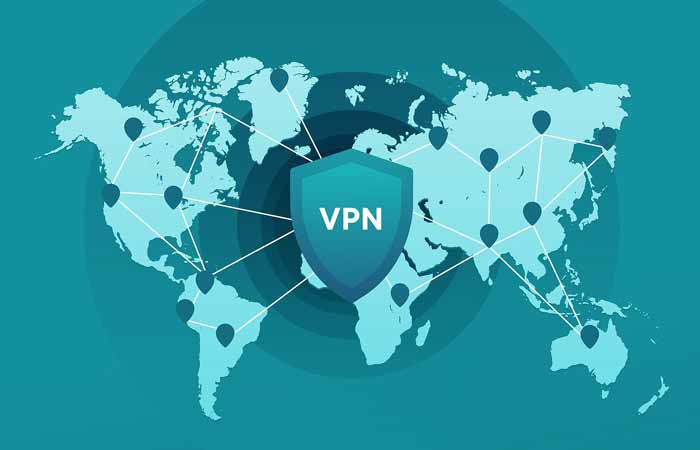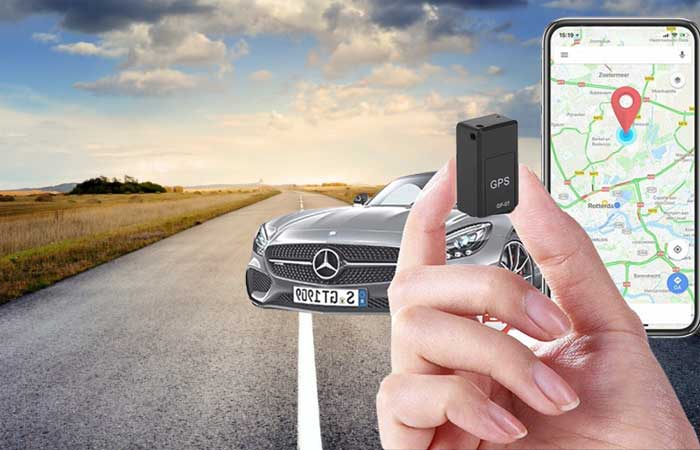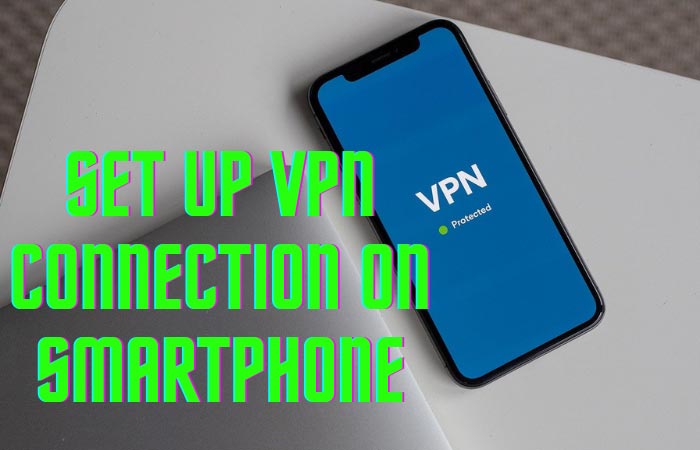A virtual private network (VPN) secures your connection to the internet. When you use a virtual private network (VPN) to connect to the internet, all of your data travels through an encrypted virtual tunnel. This offers a slew of benefits: You will be more anonymous when you use the internet because your actual IP address and location will be concealed.
- You’ll be safer on the internet since the encrypted tunnel will keep hackers and cybercriminals at bay, and your device will be less vulnerable to attack due to of the encryption.
- Through the use of many IP addresses, you will be able to access internet sites that otherwise would have been restricted. You will have more freedom on the internet.
Secure Your Connection by VPN

The virtual private network (VPN) is generally straightforward. VPN software must be downloaded and installed after signing up for a service with a VPN provider. After that, you select a location, and the VPN will take over.
Following the establishment of the connection, the preceding will transpire to your data:
- When you use a virtual private network (VPN), you encrypt your data and transfer it to the VPN server over a secure channel. Your Internet Service Provider can still access your data, but because of the encryption, they can no longer do so.
- The VPN server decrypts the encrypted data that has been transmitted from your computer.
- The VPN server will transmit your information over the internet and receive a response for you, the user.
- When the data is returned to you, it is encrypted once more by the VPN server before being routed back to you.
- The data will be decrypted by the VPN software installed on your device, allowing you to comprehend and use it.
Your computer, tablet, or smartphone’s built-in virtual private network (VPN) is always running in the background. Only the fact that you will circumvent online restrictions will be noticeable to you when using the internet.
Why Do IP Addresses Matter?
Getting connected with a VPN, you get a new IP address. As a result, you’re able to access a greater variety of information while yet maintaining your anonymity. This is a good analogy for how your Internet Protocol (IP) address might be like a real-world physical address. However, because a VPN changes your IP address, the websites you visit will only know your VPN’s IP address and not your computer’s.
IP addresses are also used by many content providers, including Netflix and BBC iPlayer, into determines whether or not you may access content restricted to a specific location. With a VPN, you may get a foreign IP address and gain access to all kinds of content you wouldn’t otherwise be able to.
What VPNS Actually Hide?
If you’re using a proxy, you’ll recognize a lot of this. Many individuals use proxies to access the internet. VPNs, on the other hand, cover all of your internet activity, especially torrent clients and games, whereas proxies only conceal your traffic through your web browser. For the average person, what does that mean? Using a virtual private network (VPN) is the best approach to ensure complete privacy and security.
Picking a VPN: What to Look for
Having learned some knowledge about VPNs, you may be ready to give one a whirl. But how do you choose? For the fastest results, use our list of the best VPN providers, which has been completely redesigned for 2018! Regardless, you may wish to ponder this question. about a few things before making a final decision. I’ve included three questions for you to consider.
Can You Use the VPN on All Your Devices?
It is important to get a VPN service that works no matter where you go. Are you currently on the move? On your smartphone or laptop, you’ll need a VPN. Get the peace of mind you’ve been looking for at home with this product. By using VPN, you can connect your device or router to the internet (VPN).
Also, look at the company’s device usage policy when determining which platforms a VPN provider offers apps for. Is it possible to use the VPN on multiple devices at the same time? What is the maximum number of devices that are supported if this is the case?
What VPN Protocols Are Available?
The VPN protocols determine how your devices as well as the VPN server exchange data. PPTP is the quickest protocol, however, it is also the most vulnerable to attack. In contrast, OpenVPN is by far the most secured, but it doesn’t operate on all devices. It’s important that your VPN service has a variety of protocols to choose from, so you can adapt to the situation as it arises.
Does It Have the Server Locations You Need?
It’s all about the setting. Make sure the VPN company you pick has a server located in the nation where you want to access geo-restricted content. There are VPN servers in over 100 countries, so you should have no problem finding one that works for you.
Keep these in mind that these are only a few of the many options that VPN companies might offer. However, trust is more crucial than any other feature or setting, such as a company’s own security measures.
Weekly Hot Posts 🔥

